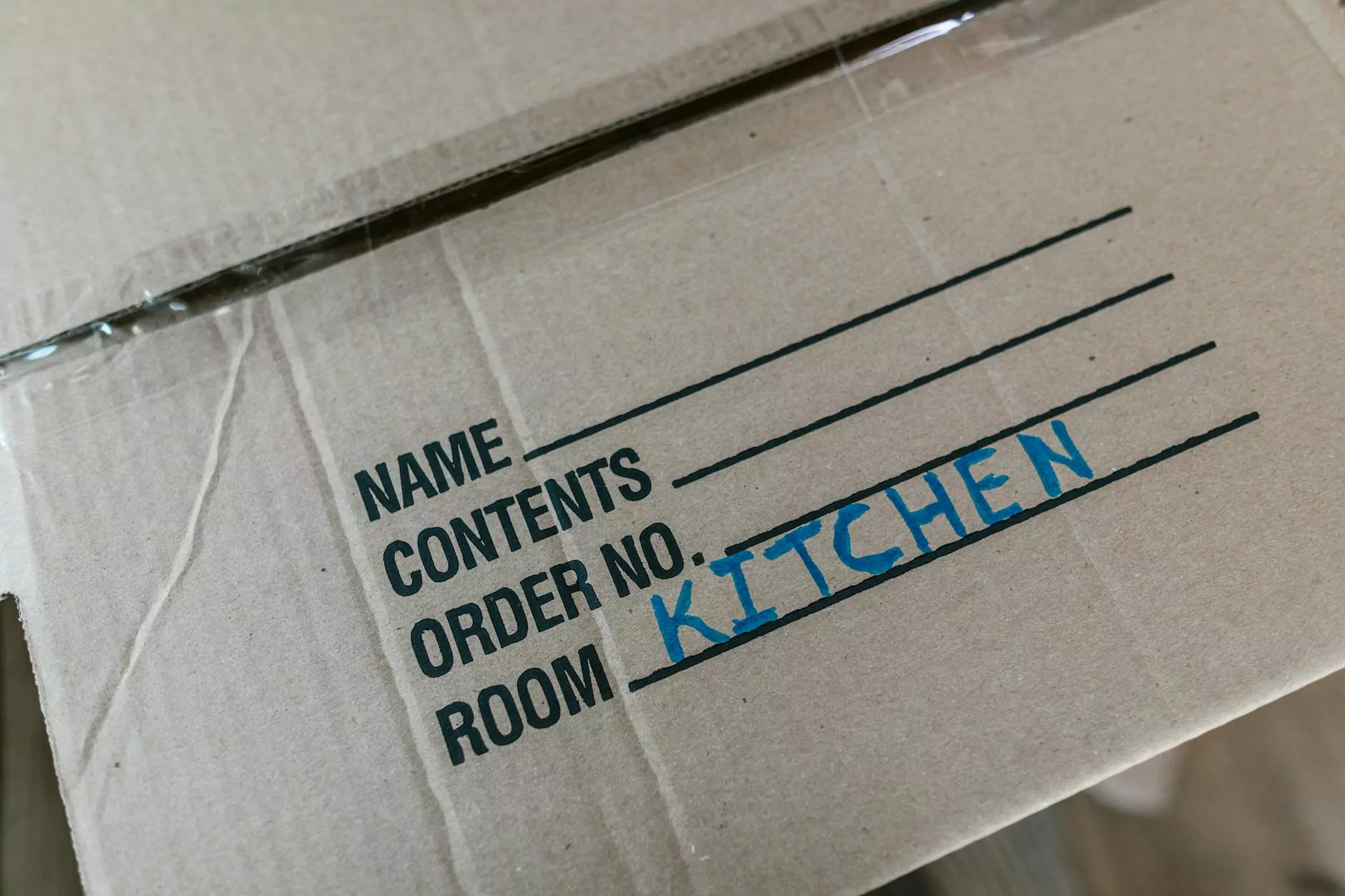Lung Cancer Screening: Essential Insights for Better Health

Lung cancer remains one of the most prevalent forms of cancer worldwide, claiming millions of lives each year. Early detection is crucial in increasing survival rates significantly. This is where lung cancer screening plays a vital role. In this article, we'll explore what lung cancer screening entails, its importance, the methods used, and who should consider undergoing screening.
Understanding Lung Cancer Screening
Lung cancer screening refers to the process of testing for lung cancer in individuals who do not show any symptoms of the disease. The primary objective is to identify cancer at an early stage when it is most treatable. Traditionally, lung cancer is diagnosed at an advanced stage, contributing to high mortality rates.
Why is Screening Important?
The significant benefits of lung cancer screening include:
- Early Detection: Detecting lung cancer early improves treatment options and increases the chance of survival.
- Risk Assessment: Screening can help identify individuals at higher risk, allowing for tailored preventive strategies.
- Improved Outcomes: Studies have shown that patients diagnosed through screening tend to have better treatment outcomes.
Who Should Get Screened?
Not everyone needs to undergo lung cancer screening. According to the latest guidelines, the following groups are at the highest risk and should consider screening:
- Individuals aged 50 to 80 years.
- Current smokers or those who have quit within the past 15 years.
- People with a smoking history of at least 20 pack-years (the equivalent of smoking one pack per day for twenty years).
Methods of Lung Cancer Screening
The most common and effective method for lung cancer screening is:
Low-Dose Computed Tomography (LDCT)
LDCT scans are a highly sensitive imaging technique that can detect anomalous growths in the lungs. Compared to standard CT scans, LDCT uses significantly lower doses of radiation, making it a safer option for patients. This method has been endorsed by various health organizations due to its effectiveness in reducing mortality rates associated with lung cancer.
The Screening Process: What to Expect
When you choose to undergo lung cancer screening, here’s what you can typically expect:
- Initial Consultation: Meet with a healthcare provider to discuss your risk factors and decide if screening is appropriate.
- Scheduling the Scan: If screening is recommended, you will schedule a time for an LDCT scan.
- During the Scan: The process is quick, lasting only a few minutes. You will lie on a table that moves through the scanner, and you’ll need to hold your breath briefly while images are taken.
- Results: Your healthcare provider will discuss the results with you, including any next steps if abnormalities are detected.
Benefits of Lung Cancer Screening
The advantages of lung cancer screening extend not only to individual health but also to the broader community:
- Proactive Health Care: Engaging in screening is a proactive approach toward health management.
- Cost-Effectiveness: Detecting cancer early can significantly reduce treatment costs associated with advanced-stage disease.
- Enhanced Awareness: Regular screening promotes awareness about lung health and encourages smoking cessation efforts.
Addressing Concerns About Lung Cancer Screening
Despite the evident benefits, some individuals may have concerns about lung cancer screening, including:
- Radiation Exposure: Although LDCT involves some radiation, the risk is relatively low compared to the benefits of early detection.
- False Positives: There is a chance of receiving a false positive result, which can lead to unnecessary anxiety and further testing. However, the overall benefit of early detection outweighs this risk.
Getting Started with Lung Cancer Screening at Hello Physio
Hello Physio is dedicated to enhancing health and well-being, providing comprehensive services under the categories of Health & Medical, Sports Medicine, and Physical Therapy. If you identify with the risk factors mentioned above, we encourage you to take the proactive step of lung cancer screening.
Our Commitment to Your Health
At Hello Physio, we prioritize patient-centered care. Our experienced team is committed to guiding you through every step of the screening process, ensuring you feel informed and supported. By integrating lung cancer screening into your healthcare routine, you are taking a significant stride toward safeguarding your health.
Conclusion: The Importance of Lung Cancer Screening
Lung cancer screening is more than just a medical procedure; it is a critical opportunity for early detection and increased survival rates. Understanding your risk factors and engaging in routine screening can save lives. Do not wait until symptoms arise. Instead, assess your health proactively and consult with professionals at Hello Physio to schedule your lung cancer screening today.
Contact Us
If you have further questions or would like to schedule a screening, please visit our Contact Page or call us at (insert phone number). Your health is our priority, and we are here to assist you on your journey toward better health.









